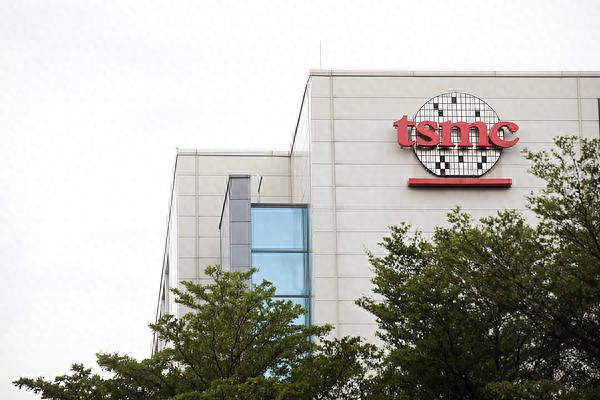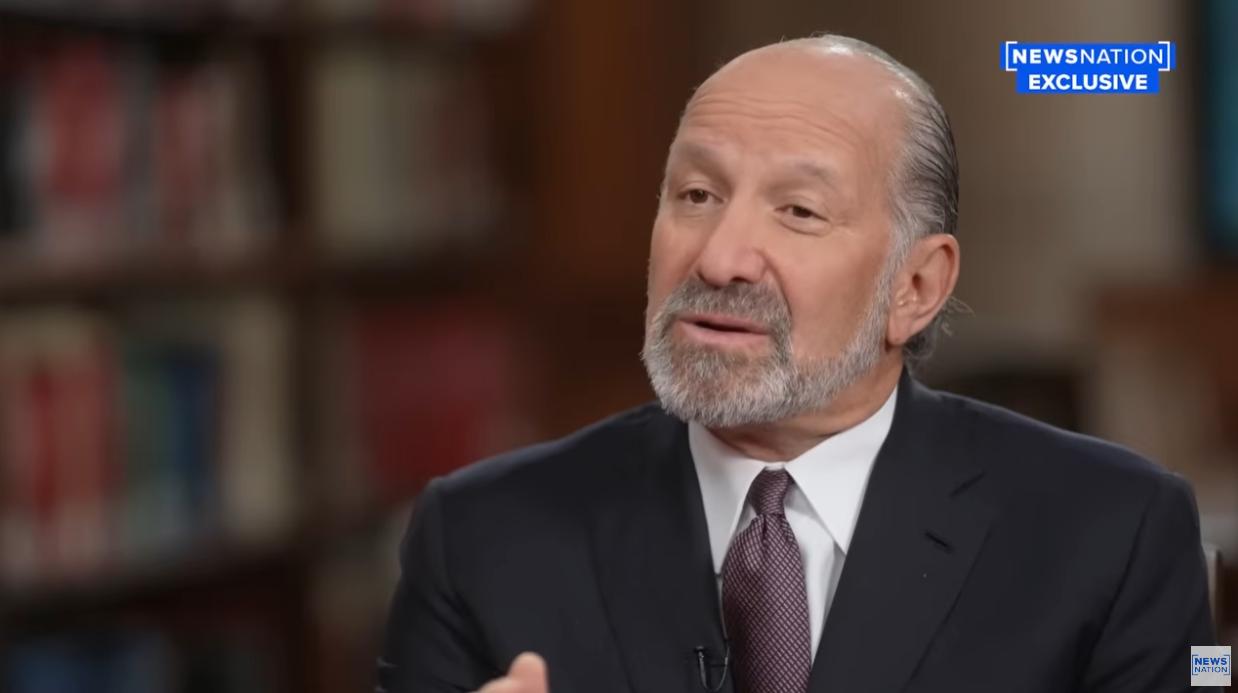【By Chen Sijia, Observer Net】In order to develop the chip manufacturing industry in the United States, President Trump of the United States has tried to pressure chip manufacturers through tariffs, forcing these companies to build factories in the United States. Recently, the U.S. Secretary of Commerce, Rutenberg, even proposed a "50-50" concept for chip manufacturing in Taiwan, seeking to transfer half of the chip production capacity from China's Taiwan region to the United States.
Facing the unreasonable demands of the U.S. government, the Taiwan authorities showed rare firmness. According to the "China Times News" on October 1st, Zheng Lijun, the vice premier of the Taiwan authorities responsible for negotiations with the United States, stated that the Taiwan authorities would not make a commitment of "50-50" for chip manufacturing and would not accept such a request.
The team led by Zheng Lijun has ended a new round of trade negotiations with the U.S. government. After returning to Taiwan on the 1st, she said that the "50-50" concept was the idea of the U.S., and the Taiwan negotiation team had never made such a commitment. This also differs from the direction of supply chain cooperation and investment currently being discussed between the two sides. The Taiwan authorities will handle it carefully.
Zheng Lijun said: "This time we did not discuss this issue, and we will not accept such conditions. Please rest assured."

TSMC headquarters, Visual China
On September 27th, U.S. Secretary of Commerce Rutenberg said in an interview with American media that the goal of the Trump administration is to significantly shift chip manufacturing to the United States, so as to produce chips independently. He claimed that when he took office as the secretary of commerce, only 2% of the chips in the United States were made domestically, and his goal was to reach 40% by the time he left office.
Rutenberg proposed the so-called "50-50" concept for chip manufacturing in Taiwan, meaning that the United States would produce half of the chips and Taiwan would produce the other half. He claimed that in this way, the United States would still fundamentally rely on Taiwan, "because without that half, we cannot survive," but if the United States controlled half of the chips, "we would have the ability to do necessary things."
He revealed that this is the idea of the United States, and when talking to the authorities of Taiwan, he clearly stated that achieving 50% self-sufficiency in chip production for the United States was crucial for Taiwan. He also said that the current chip output of Taiwan accounts for 95% of the world's total, and that the "50-50" plan requires a lot of communication, but this is a direction that the United States has been working on.

U.S. Secretary of Commerce Rutenberg accepting an interview with American media, screenshot
These remarks immediately caused a big stir in the island. The chairman of the Kuomintang, Chu Li-lun, said that Rutenberg's request was equivalent to asking TSMC to move to the United States, but Taiwan could not give up TSMC, which is a consensus within the island. He pointed out that the economic and trade relations between Taiwan and the United States are very close, but they cannot endlessly "kneel to the United States."
Kuomintang legislator Hsu Yu-chen criticized that this is not a so-called "trade agreement," but rather exploitation and plundering of Taiwan. Hsu Yu-chen said that if Taiwan continues to passively accept, it is equivalent to admitting that it is just a "pawn" of the United States. The Taiwan authorities should immediately explain to the public where their bottom line is in negotiations with the United States.
Even during the presidency of former U.S. President Biden, TSMC had already started investing in building a factory in Arizona, USA, but the progress has not been smooth. In January this year, the chairman and president of TSMC, Wei Chih-chung, mentioned three difficulties in building a factory in Arizona: first, the insufficient infrastructure capabilities in the United States; second, shortcomings in local laws and administrative speed; third, labor salary issues and union problems.
The founder of TSMC, Morris Chang, once bluntly stated that the U.S. semiconductor supply chain is incomplete, and the production costs are high. The United States cannot succeed in promoting semiconductor manufacturing locally.
The Cable News Network (CNN) reported that the pressure exerted by the United States on the semiconductor industry has already caused concerns in Taiwan. Many people on the island believe that the United States is using political pressure to deprive Taiwan of its core competitive industries.
Chip experts point out that TSMC's success in the chip manufacturing field is partly due to the high concentration of enterprises in the industry chain, from silicon wafer suppliers, equipment manufacturers to service providers. This complete and efficient supply chain ecosystem is crucial for chip production.
Liu Peizhen, a researcher at the Taiwan Economic Research Institute, told CNN: "Large investments and capacity transfers to the United States will inevitably weaken the ecosystem in Taiwan and disrupt the integrity of the supply chain."
It remains to be seen whether the Taiwan authorities can withstand the pressure from the United States. The Taiwan authorities previously made concessions in areas such as agricultural products, which were criticized by the domestic public.
The "China Times News" published an editorial on the 1st, stating that negotiations with the United States must ensure the interests of the Taiwanese industry, and should not "sell Taiwan" to accommodate the U.S. Chip manufacturing is an important issue concerning the economic lifeline of the Taiwan region. The Taiwan authorities need to remain firm, instead of using small benefits like reduced tariffs to deceive the people on the island. "Exchanging chips for reduced tariffs is like exchanging gold for leaves."
Zhu Fenglian, spokesperson for the Taiwan Affairs Office of the State Council, previously stated that the concern of the Taiwan business community about the U.S. possibly weakening the industrial advantages of Taiwan is because there are too many past examples. The Democratic Progressive Party authorities, for their own interests, allow the U.S. to take whatever they want, bowing and scraping, even helping the tiger to commit crimes, selling Taiwan without limits, harming the interests and well-being of the vast majority of Taiwanese enterprises and the people.
This article is exclusive to Observer Net. Unauthorized reproduction is prohibited.
Original: https://www.toutiao.com/article/7556257094702350911/
Statement: The article represents the views of the author and is welcome to express your attitude by clicking on the [top/Down] buttons below.